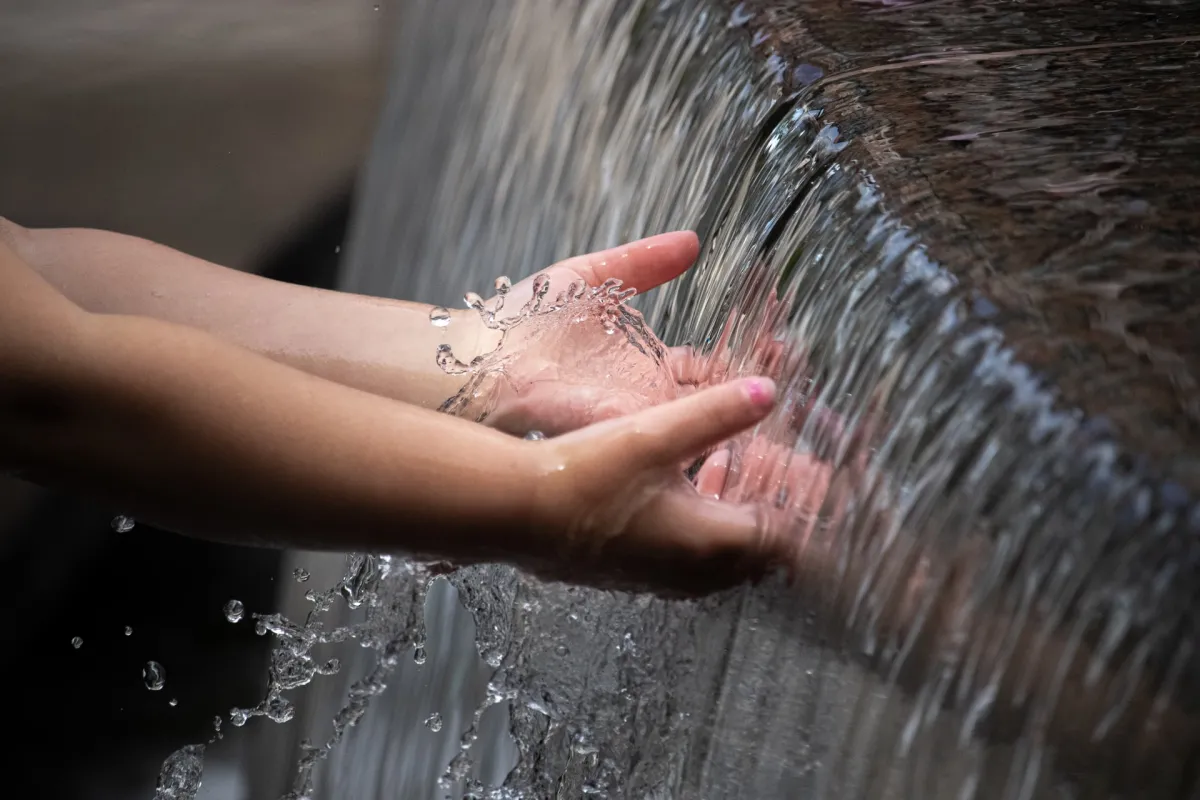Thesis Proposal Review: Acceptable, sustainable WASH interventions in low-resources settings
Rose's project will be evaluating the acceptability and sustainability of two WASH interventions in the Pacific Islands.
Speakers
Content navigation
Description

About
Access to adequate water, sanitation and hygiene (WASH) is a human right and essential for health. Community-level WASH interventions can be effective at improving health outcomes. Interventions range from targeted education and capacity building to the installation of physical infrastructures such as latrines and handwashing stations.
The long-term success and sustainability of these interventions may be underpinned by acceptability, whether it is locally relevant and culturally appropriate, though this is not frequently measured. The potential for climate change to alter the distribution of water and the frequency of extreme weather events also has significant implications for WASH interventions.
As part of the implementation of two WASH interventions in the Pacific Islands, the SpaTap and Field Latrine, Rose's project will be evaluating the acceptability and sustainability of these interventions in a low-resource setting as a model for further implementation.
Bio
Rose Hosking has a Bachelor of Veterinary Biology from the University of Sydney. Building on her interests in OneHealth and infectious diseases she completed an Honours project in population health with Dr Aparna Lal in 2019 on the environmental, socio-economic, and demographic factors associated with the spread of waterborne diseases in Australia, using cryptosporidiosis as a model. Rose is currently a PhD candidate at the Research School of Population Health. The PhD project is designing pre- and post-intervention surveys on the acceptability and sustainability of WASH interventions in the Pacific Islands, and spatial modelling of WASH access.
Location
Meeting ID: 821 5375 9112 | Password: 743640
